
Hope Krebill, MSW, BSN, RN, discusses the challenges rural hospitals face in delivering therapies like CAR T and bispecifics.

Hope Krebill, MSW, BSN, RN, discusses the challenges rural hospitals face in delivering therapies like CAR T and bispecifics.
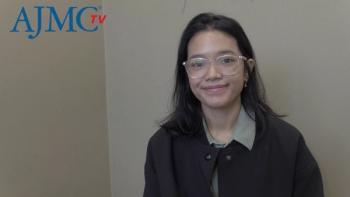
Research reveals that a high-fruit diet may protect women's lung function from air pollution, according to Pimpika Kaewsri, MSc.

Laxmi Patel explains how providers can meet potential new Medicaid documentation requirements without harming patient access.
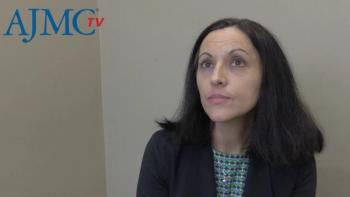
Integrating these care services can enhance patient QOL and address unmet needs in serious respiratory illnesses, explains Natasha Smallwood, BMedSci, MBBS, MSc, Monash University.
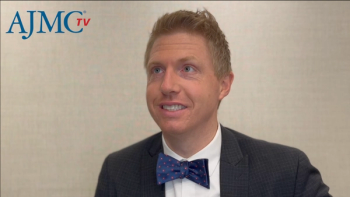
Oncology stakeholders are navigating new policies as the landscape quickly evolves, according to Ryan Haumschild, PharmD, MS, MBA, CPEL.

The executive order signed in July features policy shifts that would put states in charge of funding for encampment sweeps, among other policy shifts.

Laxmi Patel urges hospitals to embed financial screening and simplify payment options to prepare for rising levels of uninsured patients from Medicaid changes.
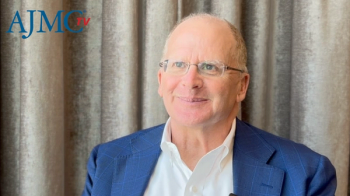
Teamwork between primary care providers and oncologists helps patients get needed care and achieve better results, according to Mark Fendrick, MD, at the Patient-Centered Oncology Care (PCOC) conference.

Kathy Oubre, MS, discusses opportunities for community cancer centers to expand service lines without sacrificing care quality.

Broader integration of artificial intelligence (AI) in precision oncology depends on overcoming barriers such as trust and transparency, according to Davey Daniel, MD.
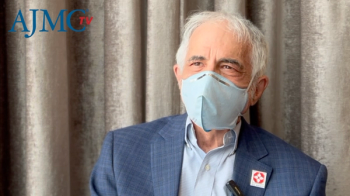
Patients with hematologic malignancies face ongoing survivorship challenges as providers struggle to coordinate care, according to Brian Koffman, MDCM, DCFP, FCFP, DABFP, MSEd.
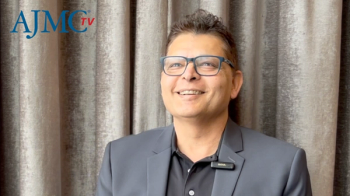
Consolidation in oncology is creating access and cost challenges, whereas advocacy helps improve patient care and treatment availability, according to Sucharu "Chris" Prakash, MD.

Oncology utilization management often frustrates patients and payers, but collaboration and artificial intelligence can streamline processes and improve care quality, according to Vishnukamal Golla, MD, MPH.
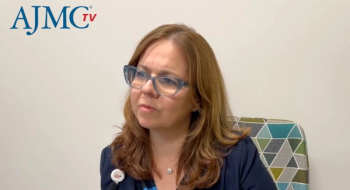
Stacy Knox, PharmD, BCPS, BCACP, DPLA, discusses how centralized pharmacy teams and electronic health record integration streamline prior authorizations, enhance provider efficiency, and offer patients transparent, real-time updates.

Jeremiah J. Duby, PharmD, BCPS, BCCCP, describes supporting pharmacy residents at the University of California (UC), Davis, in his role as a research advisor.

From proactive recruitment to academic-community partnerships, Hope Krebill highlights ways to improve clinical trial participation.

David Mitchell, PharmD, MBA, senior pharmacist manager and assistant clinical professor at UC Davis, addresses how health systems are overcoming financial, operational, and access challenges for patients with rare diseases.

The availability of retail pharmacies throughout the country have changed the health system in terms of accessibility and treatment, explains Mark Riggle, PharmD.

Patient-Centered Oncology Care (PCOC) conference co-chairs Kathy Oubre, MS, and Davey Daniel, MD, explain how the event unites experts to explore evolving oncology care and patient-centered strategies.

Laxmi Patel outlines how Medicaid reforms could raise bad debt, urging providers to strengthen financial counseling, assistance, and price transparency.
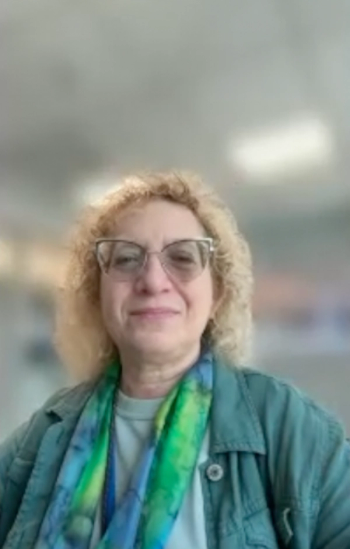
Tirzepatide appears more cost-effective than semaglutide for obesity and knee osteoarthritis, though long-term data and patient-centered outcomes remain key.

It's important to enhance MG treatment outcomes with strong provider-patient relationships and ongoing monitoring, explain Ratna Kiran Bhavaraju-Sanka, MD, and Beth Stein, MD.

Laxmi Patel explains how Medicaid reforms could increase uncompensated care and the burden on hospitals, and how technology can help automate workflows.
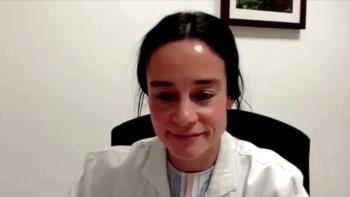
The LINKER-SMM1 trial evaluates linvoseltamab's safety and efficacy in high-risk smoldering multiple myeloma, aiming to delay disease progression.

Research reveals that patients with both rheumatoid arthritis and MASH cirrhosis face significantly higher cardiovascular risks.

Tirzepatide’s cost-effectiveness provides key evidence for policy makers implementing clinical coverage decisions.

New findings reveal sotatercept's significant benefits for right ventricular function and tricuspid regurgitation in pulmonary arterial hypertension.

Laxmi Patel discusses proposed Medicaid reforms in HR 1, including work rules, coverage limits, and state-level risks for vulnerable populations.

Elena Losina, PhD, codirector of the Orthopedics and Arthritis Center for Outcomes Research at Brigham and Women’s Hospital, discusses the cost-effectiveness of varying weight loss interventions.

On this episode of Managed Care Cast, experts discuss behavioral health services, stigma reduction, and the 4 dimensions of recovery.

259 Prospect Plains Rd, Bldg H
Cranbury, NJ 08512
© 2025 MJH Life Sciences®
All rights reserved.
